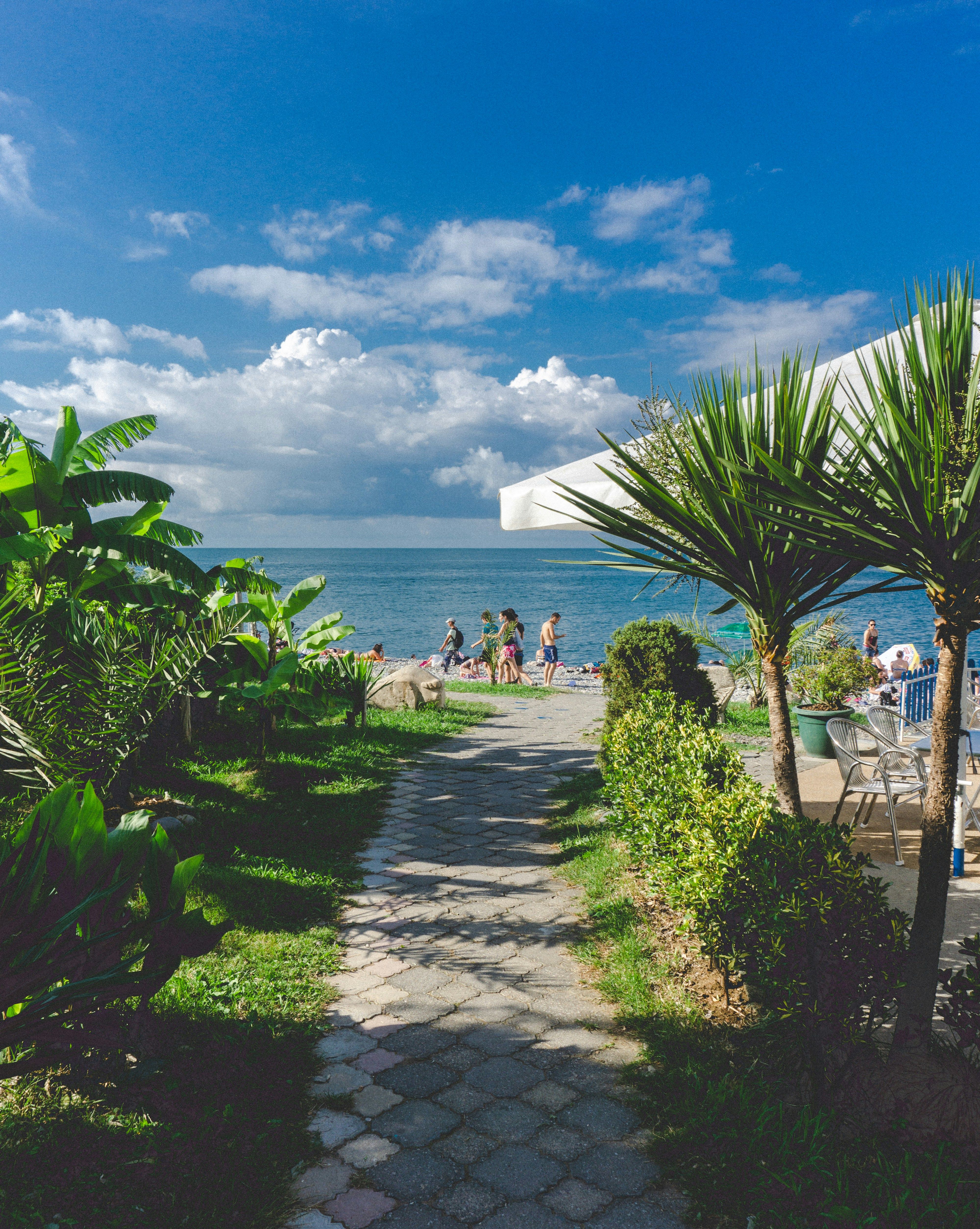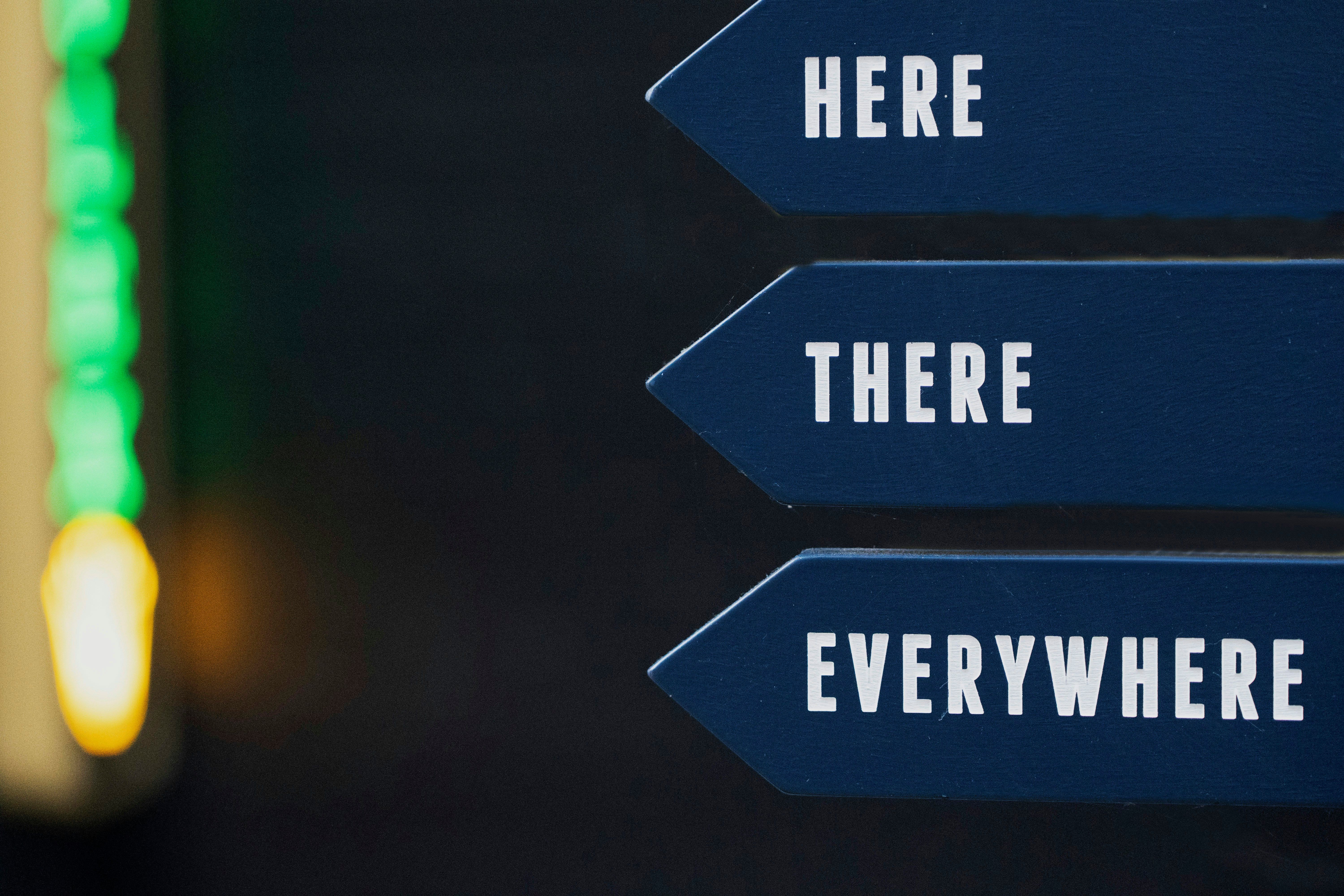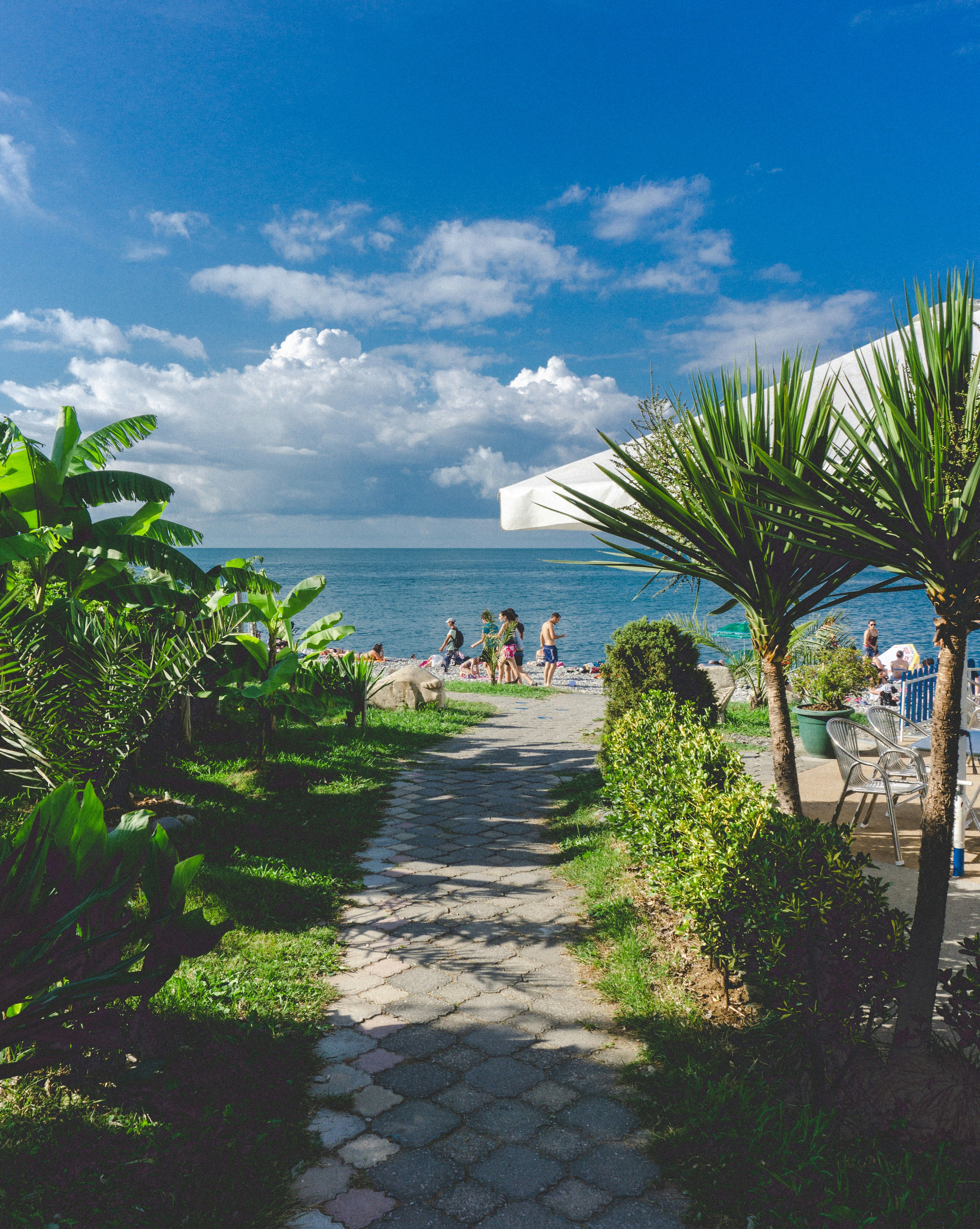Risky Connection of Alcohol Consumption and Depression Recurrence: Unraveling Potential Hazards and Seeking Aid
Millions worldwide grapple with the far-reaching effects of depression, a persistent mental health concern that can impact families, communities, and society at large. Recovery from depression is often characterized by fluctuating episodes, with the risk of relapse a constant concern. One significant factor contributing to the likelihood of relapse is alcohol consumption, a complex yet critical aspect that mental health professionals are thoroughly studying.
Alcohol's Impact on the Brain and Mood
To fully comprehend the alarming link between alcohol and depression relapse, it's vital to first understand how alcohol influences the brain and mood. As a central nervous system depressant, alcohol disturbingly alters the delicate balance of neurotransmitters, the brain's chemical messengers responsible for regulating mood, emotions, and behavior.
When consumed, alcohol initially boosts the release of dopamine, a neurotransmitter associated with pleasure and reward. This initial surge creates a false sense of euphoria or relaxation. However, it also suppresses the production of serotonin, a key neurotransmitter linked to mood regulation. This suppression can lead to feelings of sadness, anxiety, and irritability.
Initially, alcohol may seem to offer temporary relief from depressive symptoms. But this relief is short-lived, often followed by a worsening of mood as the alcohol's effects wear off. This pattern sets the stage for a harmful cycle of self-medication, with individuals with depression turning to alcohol as a means to alleviate their symptoms, only to experience a deepening of their depression over time.
Long-term alcohol consumption can have even more profound effects on mental health, leading to structural changes in the brain that impact decision-making, impulse control, and emotional regulation. These alterations can intensify existing depressive symptoms, making it harder for individuals to recover from depression.
The Depression-Alcohol Relapse Connection
Whether alcohol can cause depression relapse remains a complex question, but the evidence suggests a causal relationship. Given that alcohol is indeed a depressant, its role in increasing the risk of relapse is indeed significant.
Research has demonstrated that individuals with a history of depression who engage in heavy drinking are at a heightened risk for recurring depressive episodes. This increased risk stems from several factors, including alcohol's direct impact on brain chemistry, the impairment of sleep patterns, and its interference with antidepressant medications.
Risk factors for alcohol-induced depression relapse include a family history of alcohol use disorder or depression, high levels of stress, poor coping skills, and co-occurring mental health conditions. Furthermore, individuals who have experienced several depressive episodes are more likely to relapse when alcohol is involved.
It's important to note that the relationship between alcohol use disorder and depression is reciprocal. Not only can alcohol trigger depression relapse, but depression can also lead to increased alcohol consumption as a means of self-medication. This cyclical pattern can be challenging to break without professional intervention.
Mechanisms of Alcohol-Induced Depression Relapse
Multiple mechanisms contribute to alcohol's ability to induce depression relapse. One of the most significant is alcohol's disruption of sleep patterns. While alcohol may help some individuals fall asleep more quickly, it severely impacts the quality of sleep, particularly REM sleep, critical for emotional processing and mood regulation. Chronic sleep disturbances can result in increased irritability, difficulty concentrating, and exacerbation of depressive symptoms.
Another critical factor is alcohol's effect on medication efficacy. While it's generally discouraged, some individuals may continue to consume alcohol while taking antidepressant medications. This can be extremely dangerous as alcohol can interfere with the way antidepressants work in the body, potentially reducing their effectiveness or causing unexpected side effects. The interaction between alcohol and antidepressants presents a significant concern that should not be disregarded.
Alcohol use can also result in significant social and lifestyle changes that may contribute to depression relapse. These changes can involve strained relationships, financial difficulties, poor work performance, and a decline in participating in previously enjoyable activities. As these problems accumulate, they can create additional stress and precipitate depressive episodes.
Identifying Warning Signs and Risk Factors
Recognizing the early signs of relapse is crucial for individuals in recovery as well as their support systems. Common triggers for both alcohol use and depression frequently overlap and may include:- Stressful life events- Relationship problems- Financial struggles- Health issues- Social isolation
Early signs of depression relapse might include changes in sleep patterns, a loss of interest in activities, increased irritability, and a return to negative thought patterns. Warnings signs for alcohol use may include romanticizing past drinking experiences, spending time in environments where alcohol is present, or experiencing strong cravings.
It's crucial to remember that managing early sobriety depression can be particularly challenging, as individuals may experience mood swings as their brain chemistry adjusts to the absence of alcohol. This period demands vigilance and support to prevent relapse into both depression and alcohol use.
Ongoing mental health monitoring is essential for individuals with a history of depression, especially those who have also struggled with alcohol use. Regular check-ins with mental health professionals can help identify potential issues before they escalate into full-blown relapses.
Prevention and Treatment Strategies
Effective prevention and treatment of alcohol-induced depression relapse often require an integrated approach that tackles both the alcohol use and the depressive symptoms simultaneously. This may involve a combination of psychotherapy, medication management, and lifestyle changes.
Cognitive-behavioral therapy (CBT) has proved effective in addressing co-occurring alcohol use disorder and depression. CBT helps individuals identify and modify negative thought patterns and behaviors associated with both conditions. Other evidence-based interventions, such as dialectical behavior therapy (DBT) and mindfulness-based therapies, can also be beneficial.
Support groups play a vital role in maintaining recovery from both alcohol use and depression. Organizations like Alcoholics Anonymous (AA) and the Depression and Bipolar Support Alliance (DBSA) offer peer support and a sense of community that can be invaluable during the recovery process.
Lifestyle changes can significantly reduce the risk of alcohol-induced depression relapse. These may entail:- Establishing a regular sleep schedule- Engaging in regular physical exercise- Practicing stress-reduction techniques such as meditation or yoga- Building a strong support network- Avoiding triggers and high-risk situations.
For individuals with a dual diagnosis of alcohol use disorder and depression, finding the best antidepressant for alcoholics is an essential consideration. This decision should be made in consultation with a healthcare provider who specializes in addiction psychiatry to ensure the most suitable treatment plan.
Conclusion
The link between alcohol and depression relapse is complex and dangerous, with each condition potentially escalating the other. Understanding this relationship is essential for individuals grappling with these issues, as well as for their loved ones and healthcare providers. Overcoming the dual challenge of depression and alcoholism recovery demands a comprehensive approach that addresses both conditions concurrently.
It's crucial to stress that seeking professional help is not weakness, but rather a brave step towards recovery. For those wrestling with alcohol use and depression, there is hope. With the right support, treatment, and commitment to recovery, it is possible to conquer the cycle of alcohol-induced depression relapse and build a healthier, more fulfilling life.
If you or someone you know is struggling with alcohol use and depression, don't hesitate to seek help. There are numerous resources available, including mental health professionals, support groups, and helplines that can offer guidance and support during the journey to recovery. Remember, recovery is a process, and setbacks may occur. However, with determination, support, and the appropriate treatment approach, it is possible to break the cycle of alcohol use and depression and achieve lasting recovery.
- Alcohol, as a central nervous system depressant, alters the balance of neurotransmitters in the brain, affecting mood, emotions, and behavior, particularly by boosting dopamine and suppressing serotonin.
- The initial surge of dopamine from alcohol consumption may offer temporary relief from depressive symptoms, but this can lead to feelings of sadness, anxiety, and irritability once the alcohol's effects wear off.
- Long-term alcohol consumption can lead to structural changes in the brain, impacting decision-making, impulse control, and emotional regulation, which intensify existing depressive symptoms and make it harder for individuals to recover from depression.
- Research suggests a causal relationship between alcohol use disorder and depression relapse, with individuals with a history of depression who engage in heavy drinking at a higher risk for recurring depressive episodes due to alcohol's impact on brain chemistry, sleep patterns, and antidepressant medications.
- Effective prevention and treatment strategies for alcohol-induced depression relapse require an integrated approach that addresses both the alcohol use and depressive symptoms simultaneously, using psychotherapy, medication management, lifestyle changes, support groups, and avoiding triggers.






